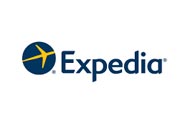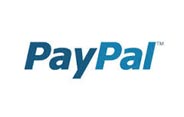B2B travel software is a specialized platform designed to facilitate travel management and booking processes for businesses rather than individual consumers. It serves travel agencies, corporate travel managers, and other organizations by providing tools to streamline various aspects of travel planning, including flight and hotel bookings, itinerary management, and expense tracking. The software typically integrates with multiple travel service providers, allowing users to access a wide range of options and real-time pricing, ultimately enhancing efficiency and reducing costs.
These platforms often include additional features like reporting and analytics, which help businesses analyze travel spending and optimize their travel policies. By offering robust CRM integration and user management capabilities, B2B travel software enables companies to better manage client relationships and ensure a smooth travel experience for employees or customers. Overall, it simplifies the complex landscape of business travel, making it easier for organizations to plan and execute travel arrangements effectively.
The
cost of B2B travel software
can vary significantly based on several factors, including the complexity of the software, the range of features offered, and the scale of implementation. Basic systems may start from a few thousand dollars for initial setup and licensing, while more comprehensive solutions with advanced features like custom integrations, extensive reporting tools, and enhanced user interfaces can range from tens of thousands to hundreds of thousands of dollars. Additionally, ongoing costs such as maintenance, updates, and customer support should also be factored in, which can add to the overall expense.Furthermore, pricing models can differ among providers. Some may charge a subscription fee based on the number of users or transactions, while others may offer a one-time purchase option. Organizations may also encounter costs related to training staff and integrating the software with existing systems. Therefore, it's crucial for businesses to carefully assess their needs and budget while considering both initial and long-term costs when selecting a B2B travel system.
The
demand for b2b travel software
is steadily rising as the travel industry undergoes digital transformation. Travel agencies, tour operators, and other businesses in the travel sector are increasingly turning to white-label solutions to quickly establish an online presence and enhance their service offerings. These solutions offer a cost-effective and efficient way for businesses to enter the competitive online travel market without the need for extensive in-house development.Finding the right B2B

















